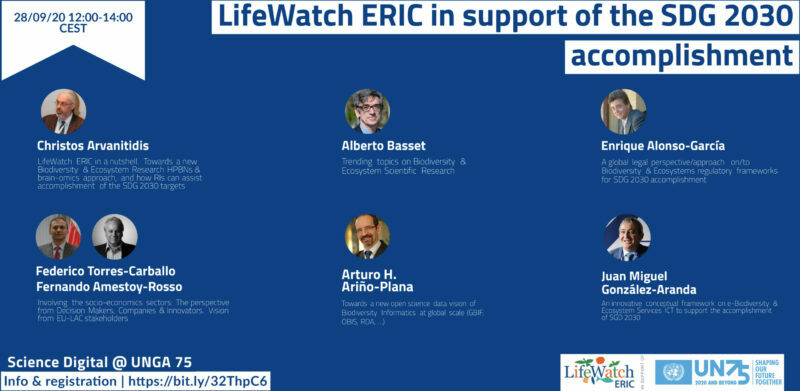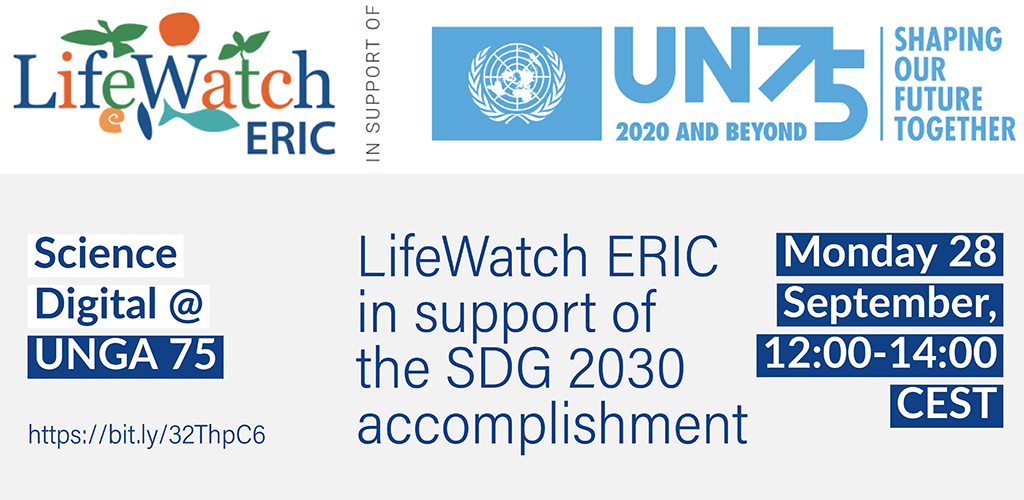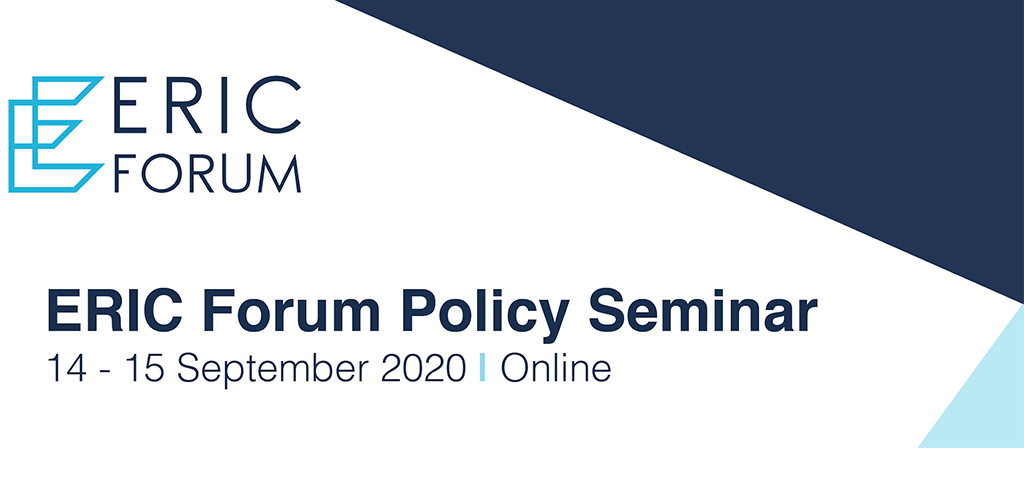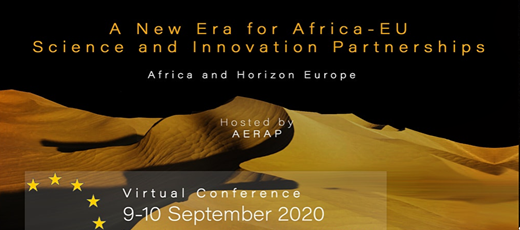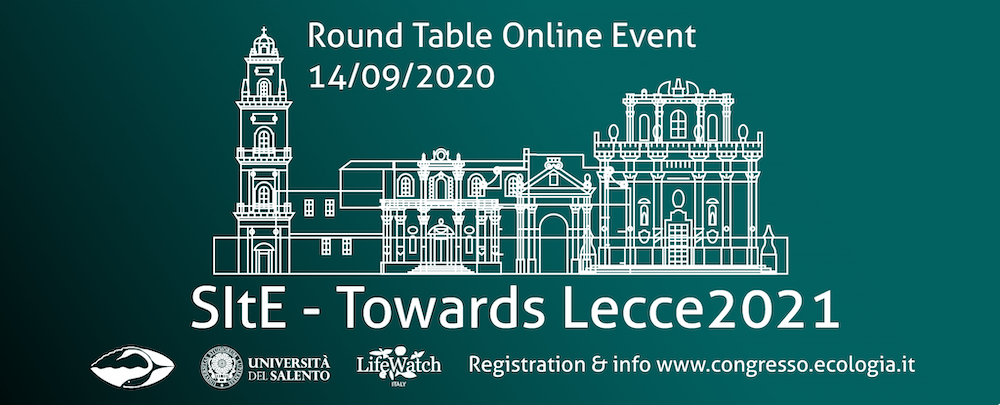On Monday 28 September 2020, LifeWatch ERIC held centre stage at Science Digital @ UNGA 75, an online event organised under the mission of Mr Fabrizio Hochschild-Drummond, Special Adviser to the Secretary General to commemorate the 75th anniversary of the foundation of the United Nations and to explore issues regarding the 2030 Agenda for Sustainable Development, adopted by the UN in 2015. Chaired by Enrique Alonso-García, Permanent Counsellor of State for Spain, the two-hour virtual workshop featured six presentations, plus discussion time.
The session sought to explore and highlight how LifeWatch ERIC can contribute to the attainment of the Sustainable Development Goals (SDGs). The opening by Christos Arvanitidis, LifeWatch ERIC Chief Executive Officer, immediately set the tone of the discussion, presenting the e-Science Infrastructure for biodiversity and ecosystem research, its mission and commitment to support the accomplishment of SDGs, Green Deal & Union Energy objectives, but also putting the focus clearly on the cultural challenge ahead: to engage all the scientific communities of practice to move away from a single-core (SCBs) operation, or ‘brain-etics’, to high performance brain network synthesis (HPBNs,) or ‘brain-omics’.
These views were reflected throughout the programme, which incorporated many different disciplinary approaches. A snapshot of the key research topics in the biodiversity and ecosystem domain – with special references to SDG 2030 and monitoring climate, biodiversity and ecosystem changes, through quantifying the EBVs – moved on to the challenges posed by the regulatory framework for biodiversity and ecosystem and the importance of legal compliance – in particular in relation to composing the data policy puzzle – and finally focused on international cooperation for research infrastructures, the involvement of stakeholders and on a socio-economic approach, centring around the bioeconomy and circular economy paradigms. Cooperation proved to be a key word of the LifeWatch ERIC session, emerging again in the discussion in relation to a new age of e-Research collaboration, consisting of Biodiversity Information, Open Science Data, Community Commitment and Spreading Knowledge, on topics that challenge society.
The session was brought to a close by LifeWatch ERIC Chief Technology Officer, Juan Miguel González-Aranda, who presented a conceptual framework on e-Biodiversity & Ecosystem Services ICT to support the accomplishment of SGD 2030, and LifeWatch ERIC key technology tools (e.g. data catalogues, EcoPortal, the LifeBlock (-chain) platform). In his framework, LifeWatch ERIC Tesseract Virtual Research Environment (VRE) deserves a special mention as a true example of co-design, co-development and co-deployment of an inter- and multi- disciplinary working team composed of nearby 80 scientists and e-Biodiversity bioinformaticians, all in the interest of addressing transgenerational Climate Change adaptation & mitigation challenges.”.
The session was very interactive, participants added to the discussion of these points and introduced other important issues including Gender & Equity. “With a particular mention for the LifeWatch ERIC ICT team who organised and ran the session, we’d like to thank everyone involved today for a wide-ranging and very productive discussion”, said the rapporteurs, Christos Arvanitidis and Juan Miguel González-Aranda in conclusion.
Programme:
• “LifeWatch ERIC in a nutshell. Towards a new Biodiversity & Ecosystem Research HPBNs & brain-omics approach, and how RIs can assist accomplishment of the SDG 2030 targets“Christos Arvanitidis, LifeWatch ERIC CEO.
• “Trending topics on Biodiversity & Ecosystem Scientific Research“Alberto Basset, LifeWatch ERIC Service Centre Director.
• “A global legal perspective/approach on/to Biodiversity & Ecosystems regulatory frameworks for SDG 2030 accomplishment“Enrique Alonso-García, Permanent Counselor of State at the Spanish Council of State Sections on Environmental, Rural & Marine Affaires and Science & Innovation.
• “Involving the socio-economics sectors: The perspective from Decision Makers, Companies & Innovators. Vision from EU-LAC stakeholders“Federico Torres-Carballo, Vice-Minister at Ministry of Science, Technology and Telecommunications of Costa Rica, and Fernando Amestoy-Rosso, President Latin American Division International Association of Science Parks & Areas of Innovation –IASP–, Chair of EU-LAC Research Infrastructures SOM, Pando Technological Pole Director-Uruguay.
• “Towards a new open science data vision of Biodiversity Informatics at global scale (GBIF, OBIS, RDA, …)” Arturo H. Ariño-Plana, University of Navarra
• “An innovative conceptual framework on e-Biodiversity & Ecosystem Services ICT to support the accomplishment of SGD 2030“Juan Miguel González-Aranda, LifeWatch ERIC CTO & ERIC FORUM Executive Board member.
